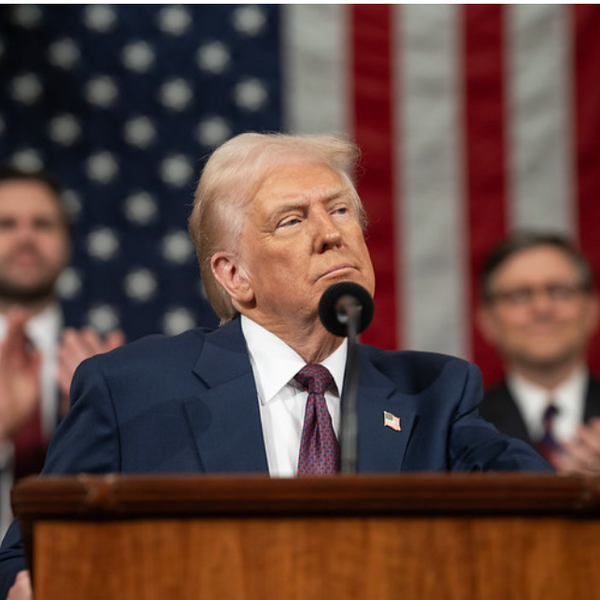At 11:15am, EST, President Barack Obama will deliver a major address on the economy at an event hosted by the Center for American Progress in Washington, D.C. Live video of his speech will be available below:
Type to search
Shop our Store
Headlines
Editor's Blog
Corona Virus
Trending
World
{{ post.roar_specific_data.api_data.analytics }}








